Shea Butter, is it worth the hype?

It's that time of year! Time for the legs to emerge from winter hibernation. I don't know about you but after months of being shrouded in darkness they do not get an automatic hall pass to the sunlight, no, they need some TLC and a soft launch. The same goes for hair, Spring can go hard dishing up four seasons in one day - with wind being the main course - and after a couple of months of being blown around, it needs some deep hydration. That's where Shea Butter joins the lineup.
Shea butter—derived from the nuts of the African shea tree—holds a prestigious place in the beauty regimens of those in the know. Revered for its rich, creamy texture and deeply hydrating properties, this “super butter” has become a sought-after ingredient in beauty formulations, especially for skin and hair care. But beyond its emollient benefits, shea butter carries a rich history that makes it one of the most transformative ingredients in the bathroom.
Rise To Fame
Shea butter has been used for thousands of years in Africa, where it was traditionally hand-harvested and applied as a skin moisturizer, healing balm, and hair conditioner. Cleopatra is also said to have kept jars of Shea Butter on hand to protect and nourish skin in the dry, desert climate.
The beauty industry caught onto this natural powerhouse in the mid-20th century, leading to its adoption into formulations by skincare and haircare brands alike. Its unique molecular structure—rich in fatty acids like oleic, stearic, and linoleic acids—enables it to melt at body temperature, making it absorb deeply and easily without leaving an oily residue.
What's The Allure?
Shea butter’s allure lies in its unparalleled moisturizing and healing properties, thanks to its high concentration of fatty acids and vitamins A, E, and F. It will deal with just about any concern; from reducing fine lines and skin inflammation to moisturizing dry patches and healing wounds.
Up top, it functions as a supreme hydrator, sealing in moisture, adding shine, and even taming frizz. It’s also naturally UV-protective, making it ideal for keeping hair and skin safe from the sun's damaging rays.
What's Your Type?
Shea butter’s versatility makes it ideal for nearly every hair and skin type, though those with dry, sensitive, or textured hair benefit the most.
It works wonders on dry and irritated skin, but it's also non-comedogenic, meaning it won’t clog pores, so even those with acne-prone skin can enjoy its benefits.
For hair, it’s a game-changer for anyone struggling with brittle, frizzy, or curly hair in need of some serious hydration.
Benefits of Shea Butter for Hair
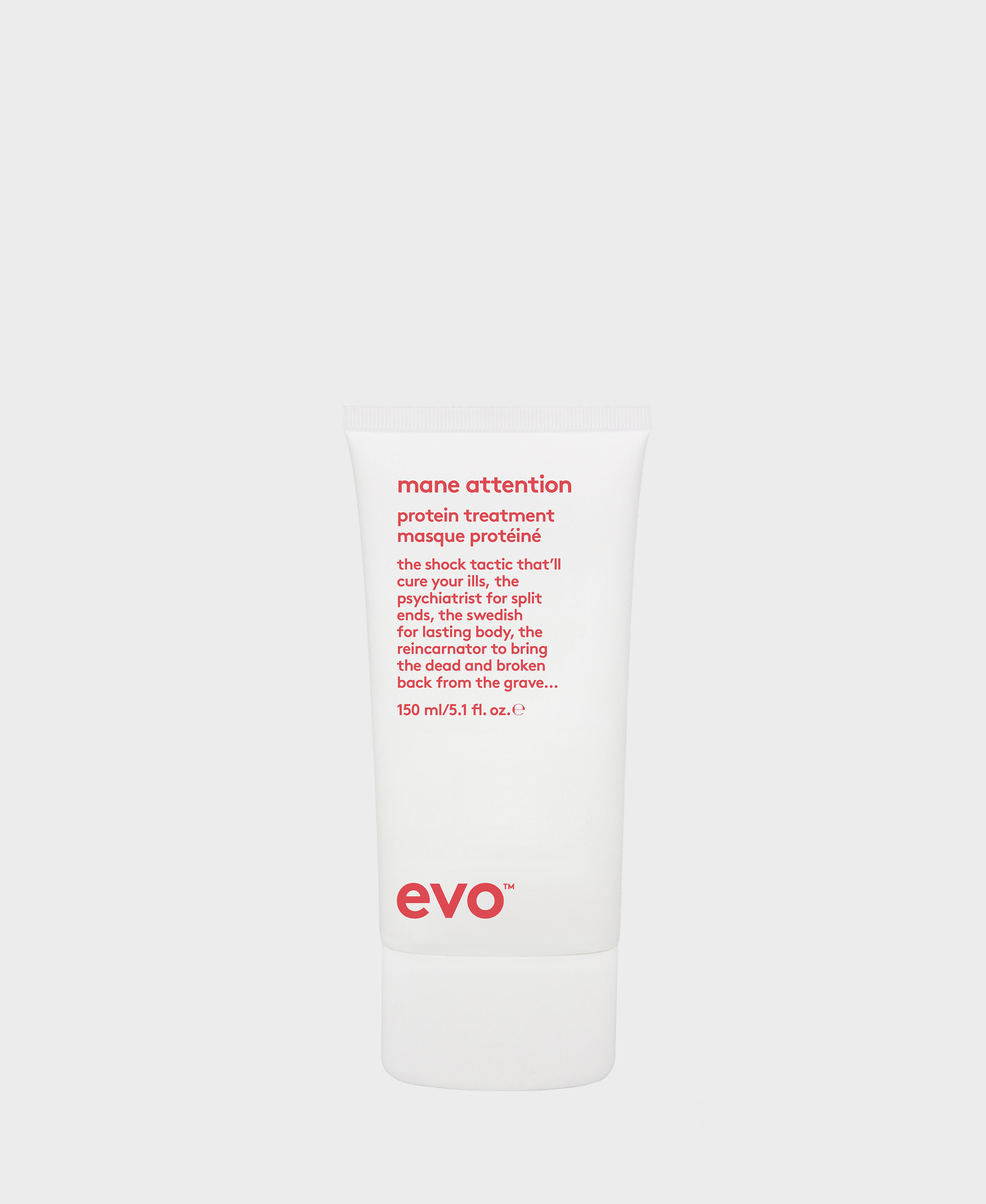

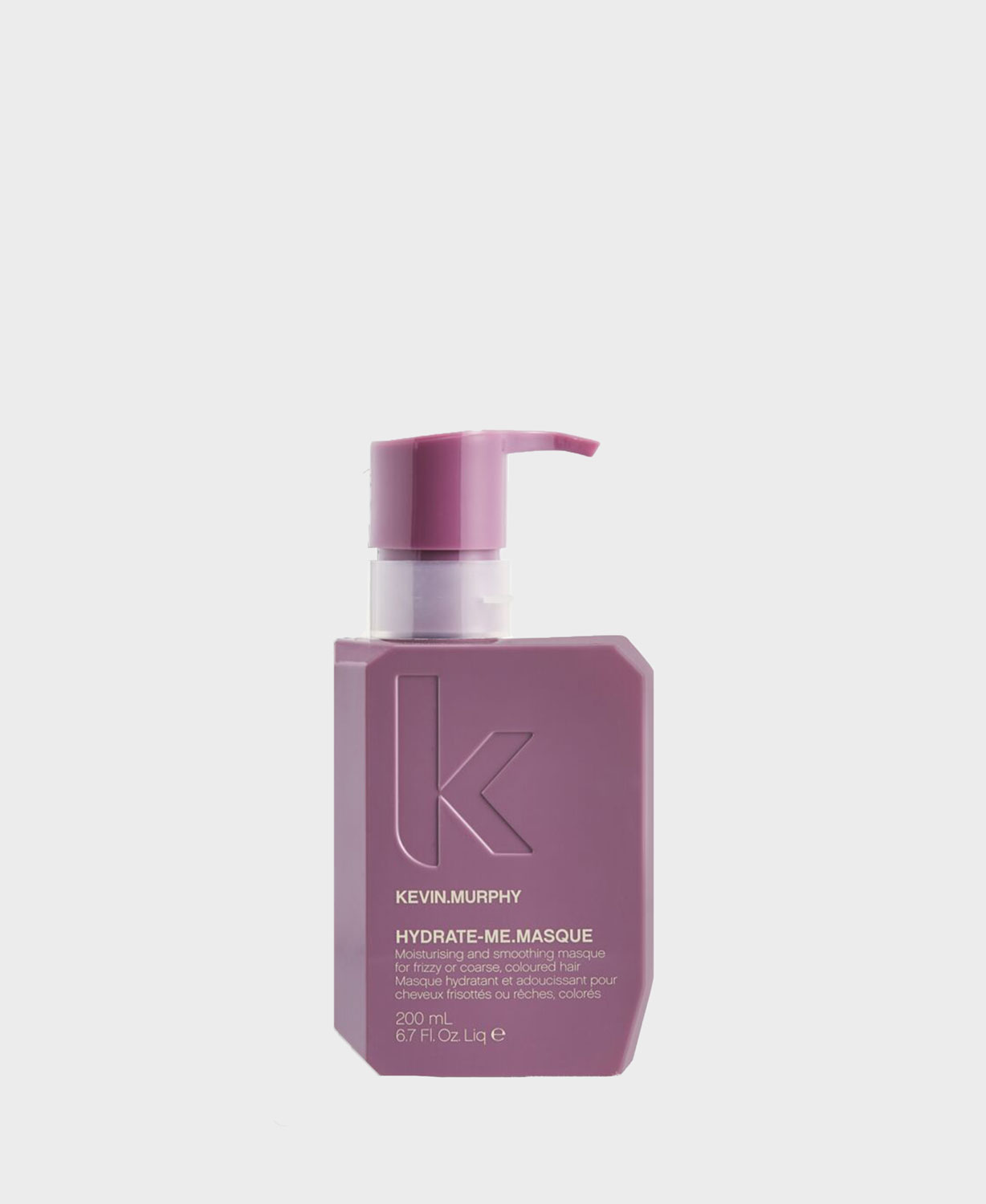
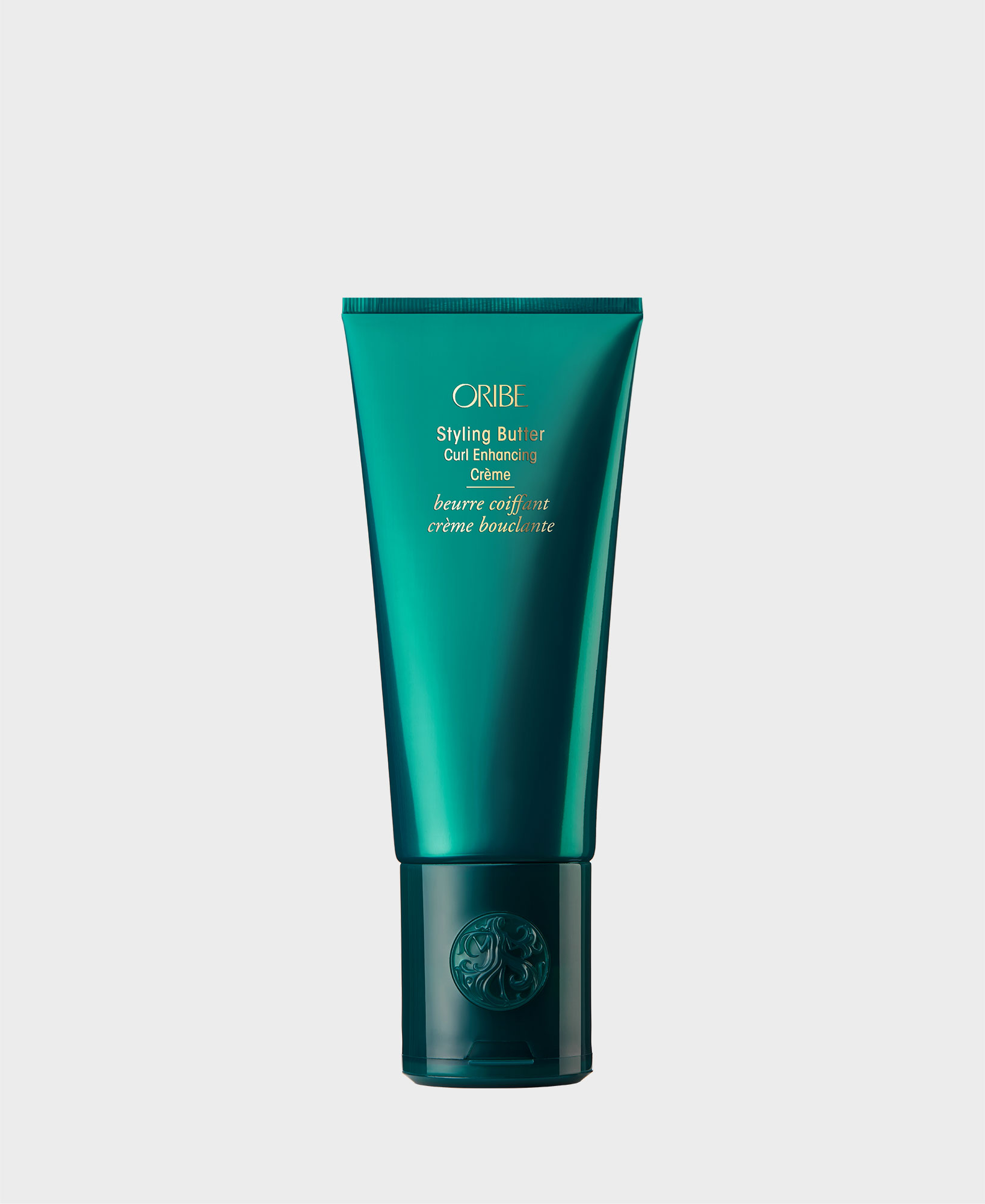
GO DEEP
Shea butter is loaded with fatty acids (like oleic, stearic, and linoleic acids) that penetrate deeply into the hair shaft, providing long-lasting moisture. It hydrates without leaving a greasy residue, which makes it ideal for dry, brittle, or chemically treated hair.
BYE FRIZZ, HI SHINE
Rich in emollients, shea butter smooths the hair cuticle, reducing frizz and enhancing natural shine. This effect is especially beneficial for curly and textured hair, as it locks in moisture, making curls more defined and manageable.
SCALP SOOTHING PROPERTIES
Shea butter has anti-inflammatory qualities, which can help soothe an itchy or irritated scalp. Its moisturizing effects also prevent flakiness, which can reduce dandruff and keep the scalp balanced.
IT'S HOT IN HERE
With a mild natural SPF, shea butter acts as a light barrier against heat-styling tools and UV rays. It forms a protective layer on each hair strand, shielding it from environmental and thermal damage, which is essential for maintaining hair integrity over time.
Benefits of Shea Butter for Skin
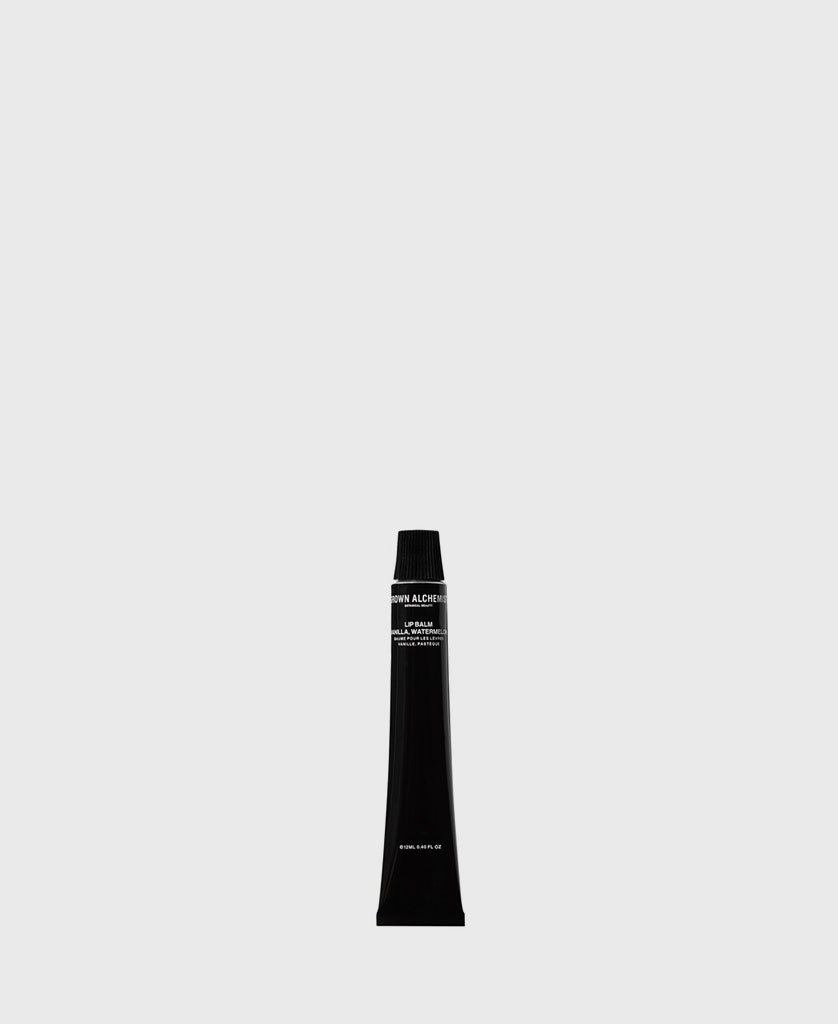
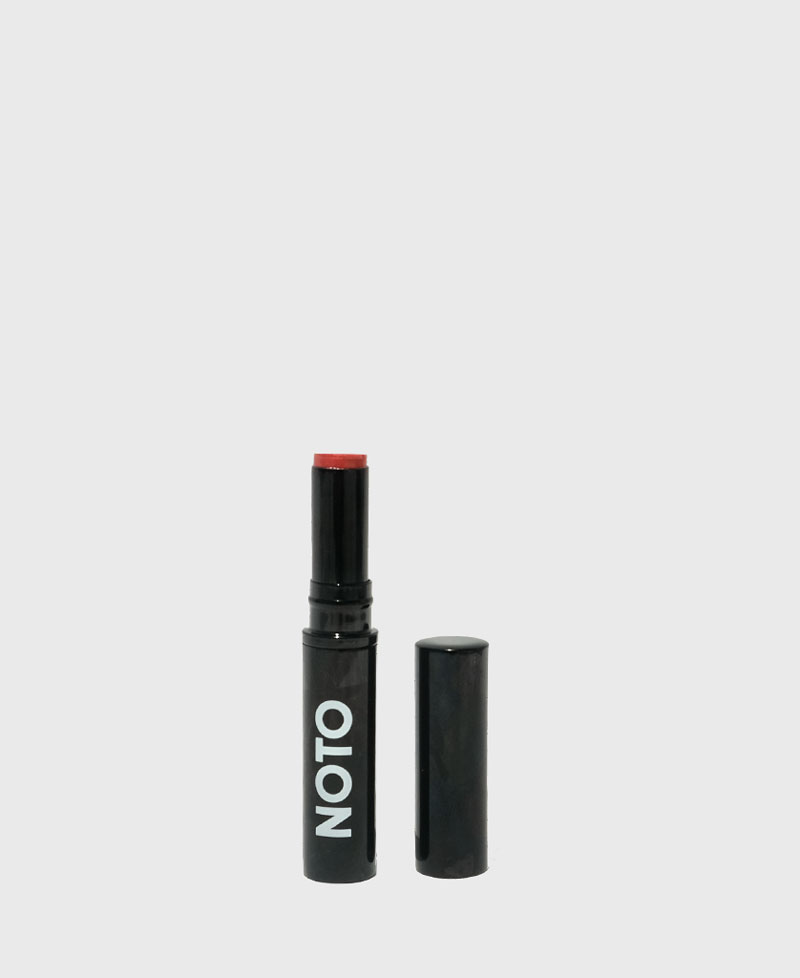
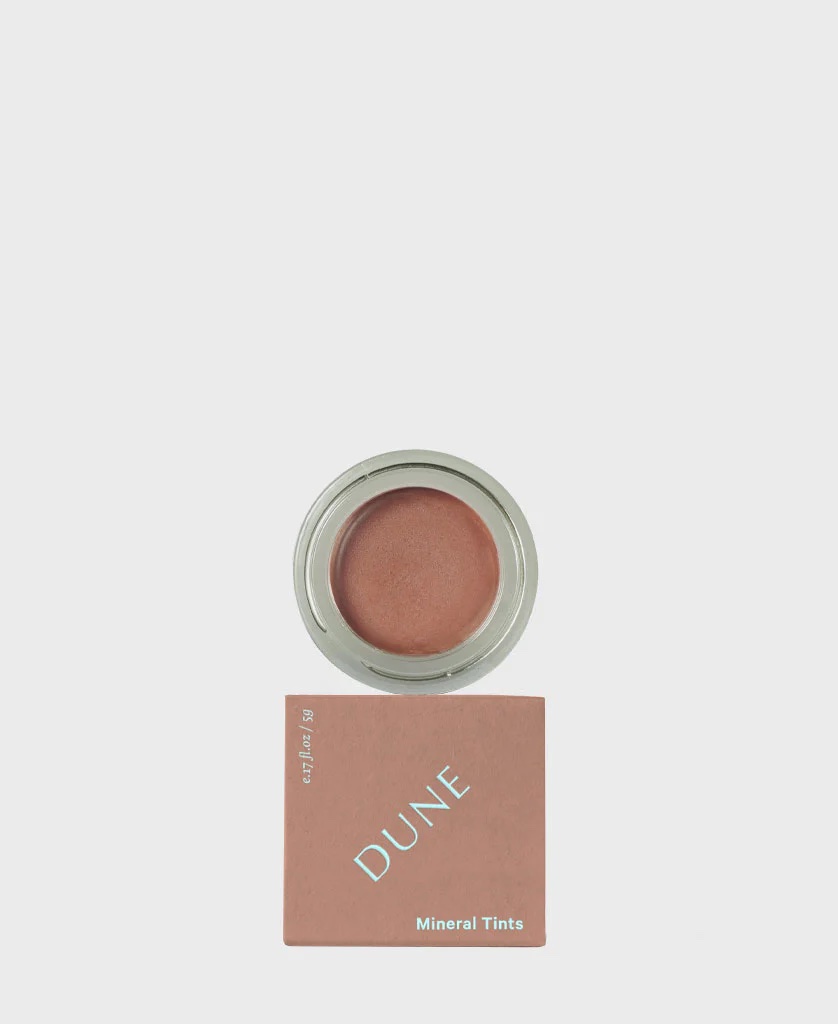

THAT'S INTENSE
Shea butter's high concentration of fatty acids and vitamins (A, E, and F) helps it deeply penetrate the skin, delivering moisture where it’s most needed. This makes it especially useful for dry or rough areas, providing soft, supple skin that stays hydrated longer.
ELASTICATION
Rich in antioxidants, shea butter protects the skin from free radical damage, which contributes to premature aging. Regular use can improve skin elasticity, minimizing the appearance of fine lines and wrinkles while promoting a youthful glow.
HEALING POWERS
The natural anti-inflammatory compounds in shea butter, such as cinnamic acid, can soothe and heal irritated skin, making it beneficial for conditions like eczema, psoriasis, and minor wounds. It also aids in skin regeneration, accelerating the healing process of minor cuts and scars.
UV PROTECTION
Although not a substitute for sunscreen, shea butter has a small SPF of about 3-4, providing a mild layer of protection against harmful UV rays. When used alongside regular sunscreen, it can help keep the skin moisturized and lightly shielded from sun damage.


